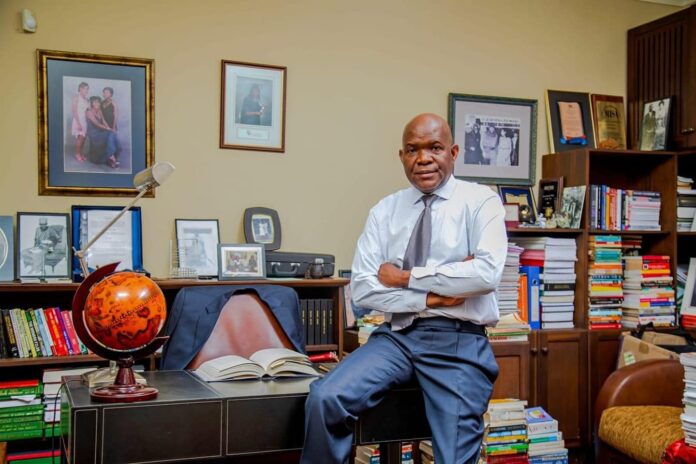ORIGINS OF OUR DEBT
It’s very clear that the permanent debt crisis besieging our poorer nations has not resulted from short-term market failures or from business cycles that will rebound, and it is not fully a consequence of governments’ mismanagement of finances or simply deep-rooted corruption. Rather, our conclusions are drawn from an important speech given by Burkina Faso’s President Thomas Sankara (1949–1987) at the Organisation for African Unity in July 1987. “Debt’s origins come from colonialism’s origins. Those who lend us money are those who colonised us,” Sankara explained. “Debt is neocolonialism”, with the fiscal and monetary policies of many of the African states taken over by the “technical assassins” of the IFIs. “Debt is a cleverly managed reconquest of Africa aimed at subjugating its growth and development through foreign rules”, he continued, with the IFIs setting policy by using the debt as an instrument to demand “structural adjustment” of domestic finance ministries and central banks. (Thomas Sankara, ‘A United Front Against Debt’, Committee for the Abolition of Illegitimate Debts, 27 October 2011, http://www.cadtm.org ).
Gro Harlem Brundtland, Norway’s former prime minister and then chair of the United Nations’ World Commission on Environment and Development (also known as the Brundtland Commission), came to the Organisation for African Unity meeting in Addis Ababa in 1987 to say that the entire debt of the poorer nations could not be repaid and should be forgiven. Sankara acknowledged the importance of the Brundtland Commission’s assessment and then said:
“Debt cannot be repaid, first because if we don’t repay, lenders will not die. That is for sure. But if we repay, we are going to die. That is also for sure. Those who led us to indebtedness gambled as if in a casino. As long as they had gains, there was no debate. But now that they suffer losses, they demand repayment. And we talk about crisis. No, Mr. President, they played, they lost. That’s the rule of the game, and life goes on. We cannot repay because we don’t have any means to do so. We cannot pay because we are not responsible for this debt.” (8 Sankara, ‘A United Front Against Debt’).
One alternative to the debt crisis is a debt strike, which is what Cuba’s Fidel Castro began to raise in his speech at the Non-Aligned Movement meeting in New Delhi in 1983 and which was on the agenda for the Continental Dialogue on the Foreign Debt in Havana in August 1985. It is within this dynamic that Sankara spoke of the need for an “Addis Ababa united front against debt”.
The context for such a “united front against debt” has returned, but the political will for it now is as low as it was then. However, the world is very different today than it was in the 1980s. Other alternatives have since presented themselves, such as those available through regional integration and through alternatives to the Western-backed IFIs (for example, financing from China and other large developing countries). (For more on this, see Tricontinental: Institute for Social Research, Looking Towards China: Multipolarity as an Opportunity for the Latin American People, dossier no. 51, 11 April 2022, (http://thetricontinental.org/dossier-51-china-latin-america-and-multipolarity/).
Fred M’membe
President of the Socialist Party
